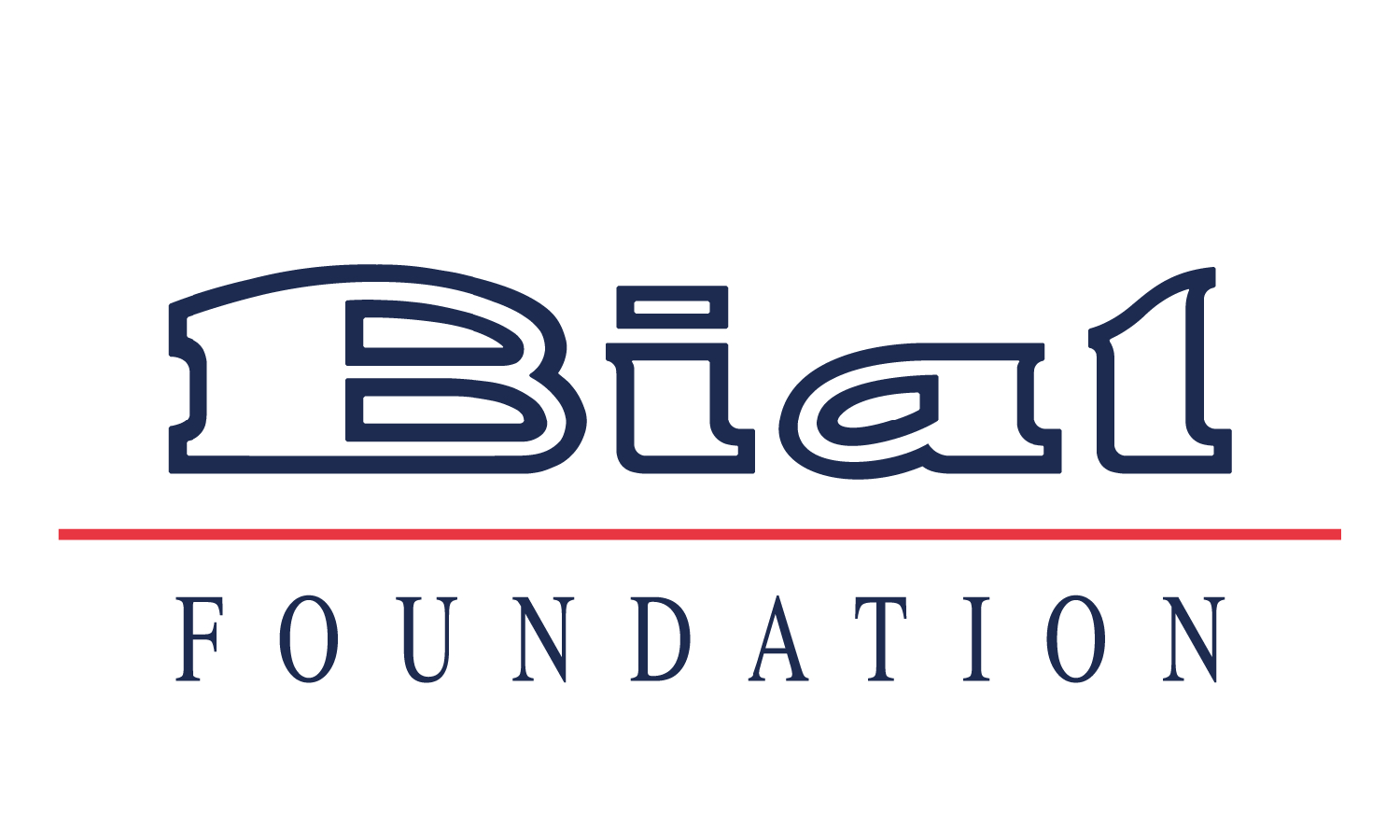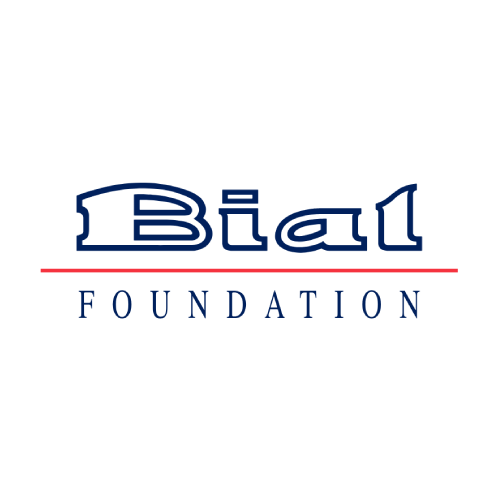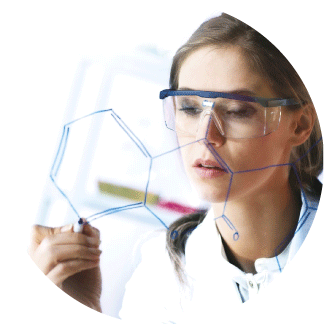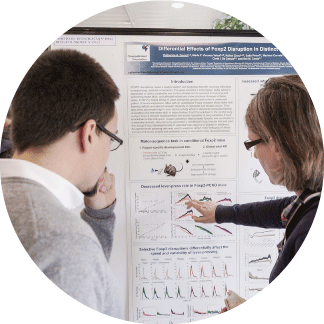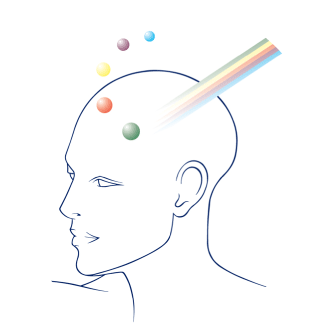News
Top Stories
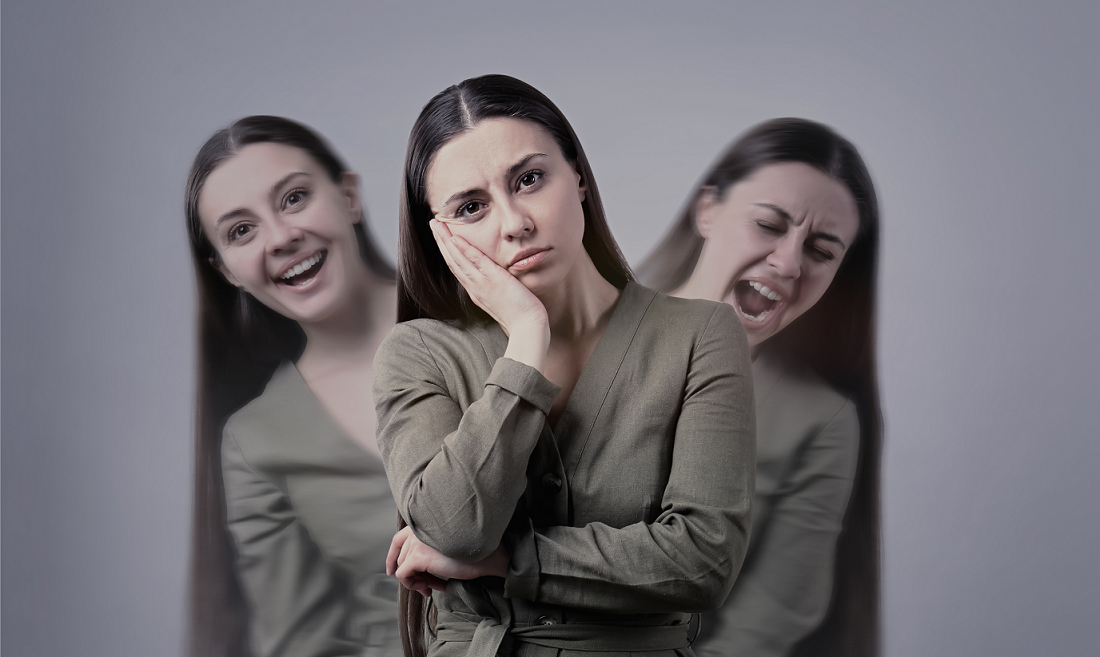
How does the brain respond to positive and negative stimuli?
Study demonstrates the brain's ability to constantly reclassify external stimuli based on previous experiences and adapt to new situations.

Are people who believe in the paranormal more vulnerable to stress?
A study of 3084 participants evaluated whether two types of belief in the paranormal might be associated with different levels of perceived stress.
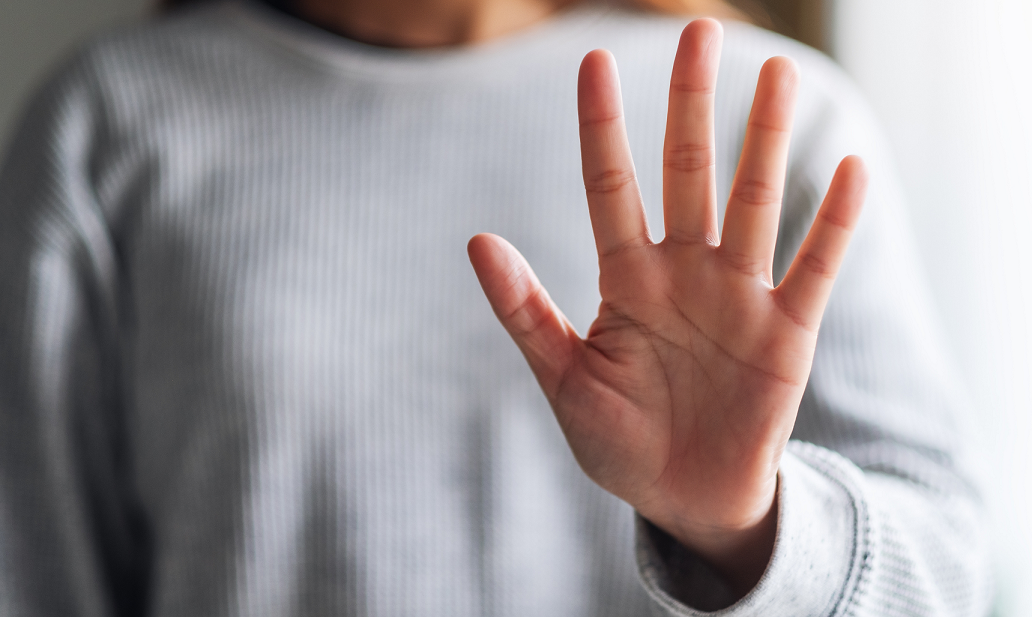
Do we perceive the weight of our body parts and the weight of objects differently?
According to Newton’s law, weight is given by the product of its mass and gravity. How does the brain determine the weight of objects and body parts?
News
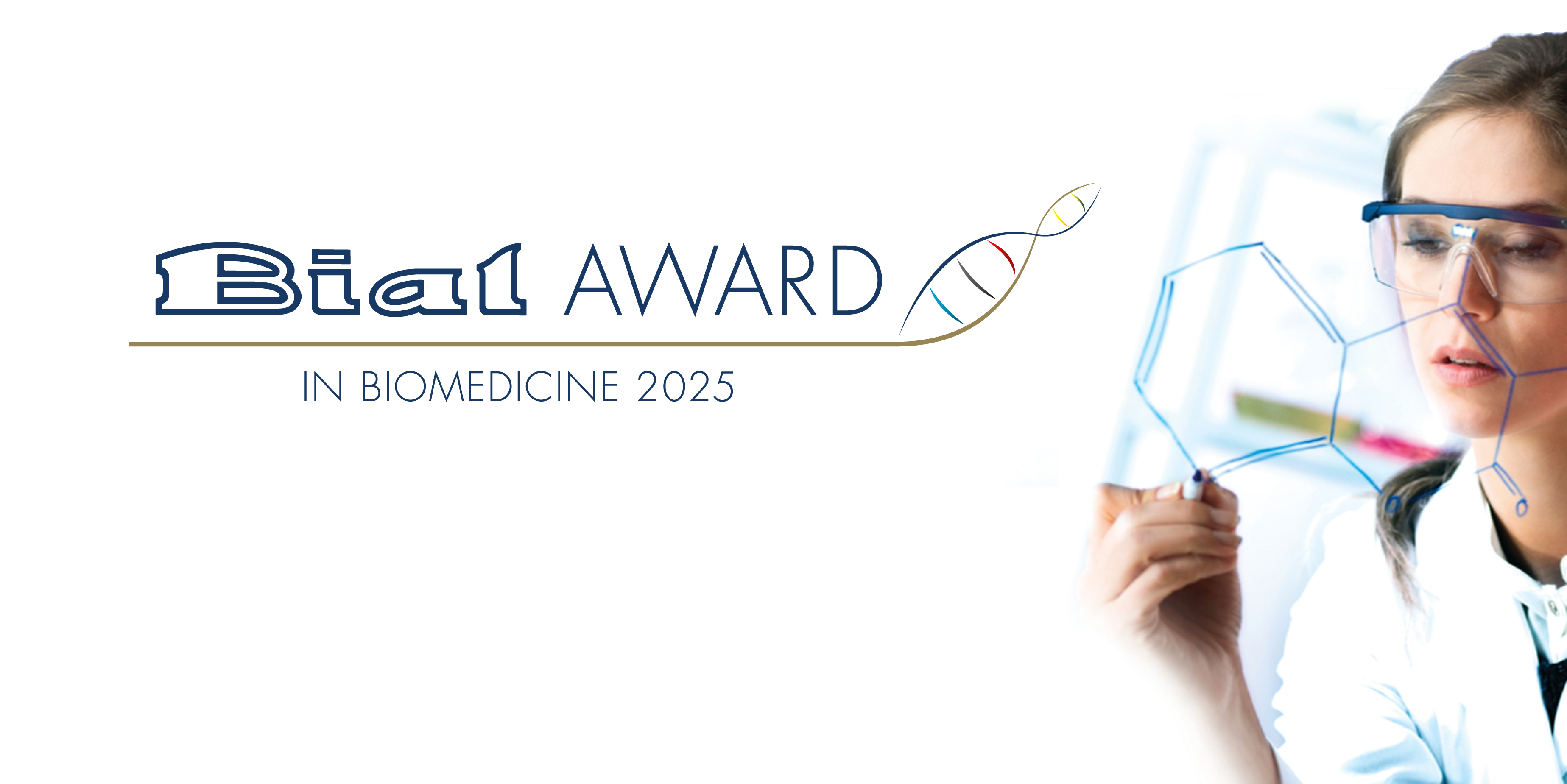
BIAL Award in Biomedicine 2025: last call for nominations
The nominations for the 4th edition of the BIAL Foundation international award, the BIAL Award in Biomedicine 2025, close on June 30.
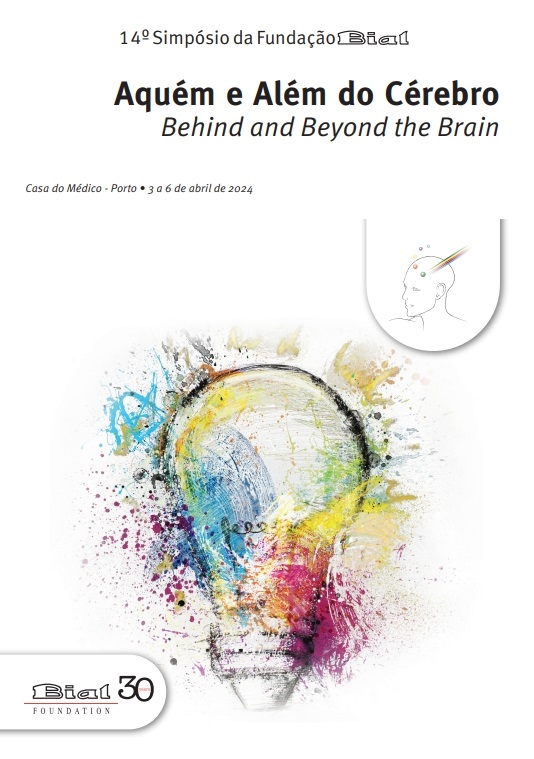
The Proceedings of the 14th Symposium of the BIAL Foundation is now available
The BIAL Foundation has just published the Proceedings of the 14th "Behind and Beyond the Brain" Symposium on the theme “Creativity”.
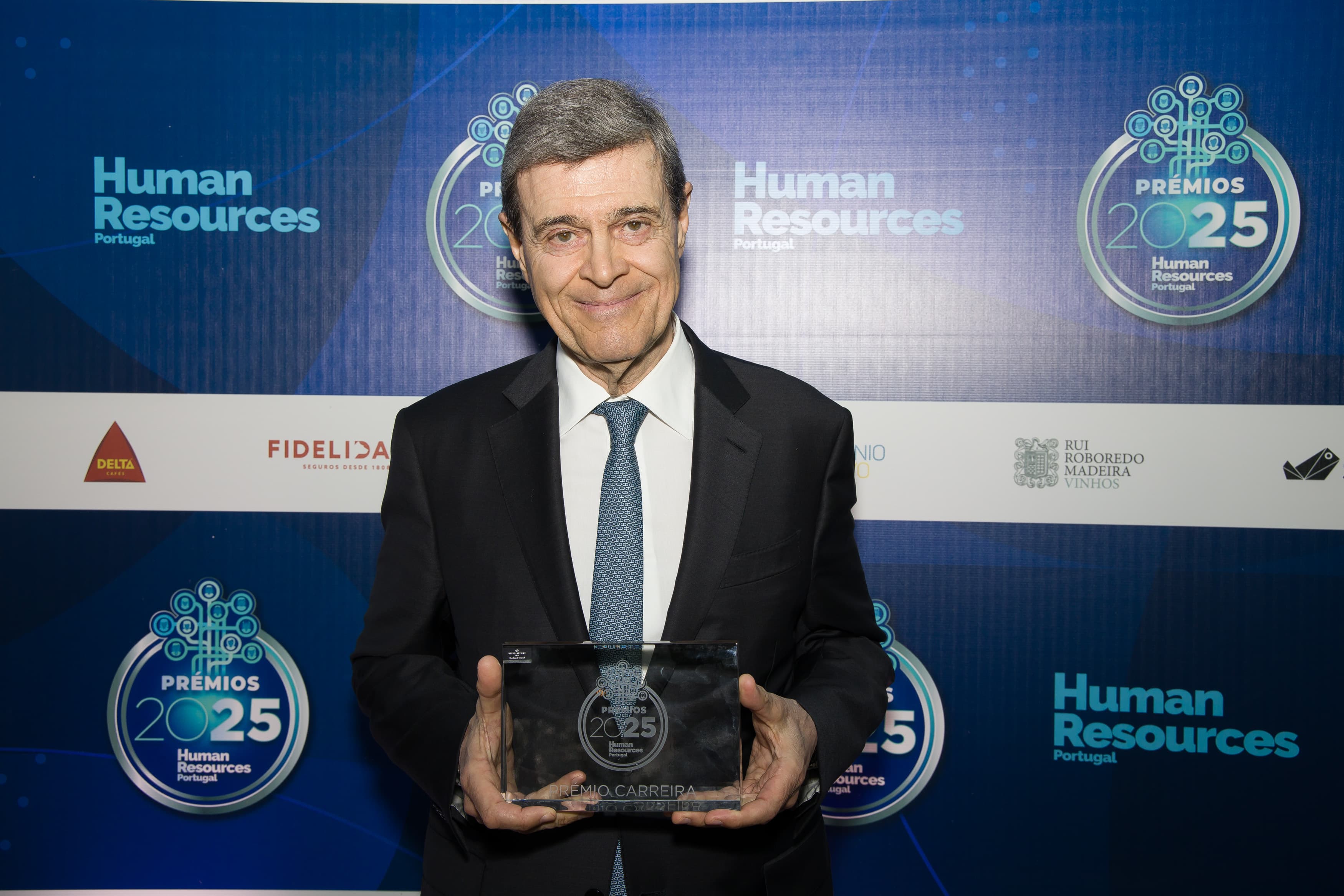
Luís Portela honoured with Career Award by Human Resources
The chairman of the BIAL Foundation, Luís Portela, was honoured with the Career Award by Human Resources Portugal.

